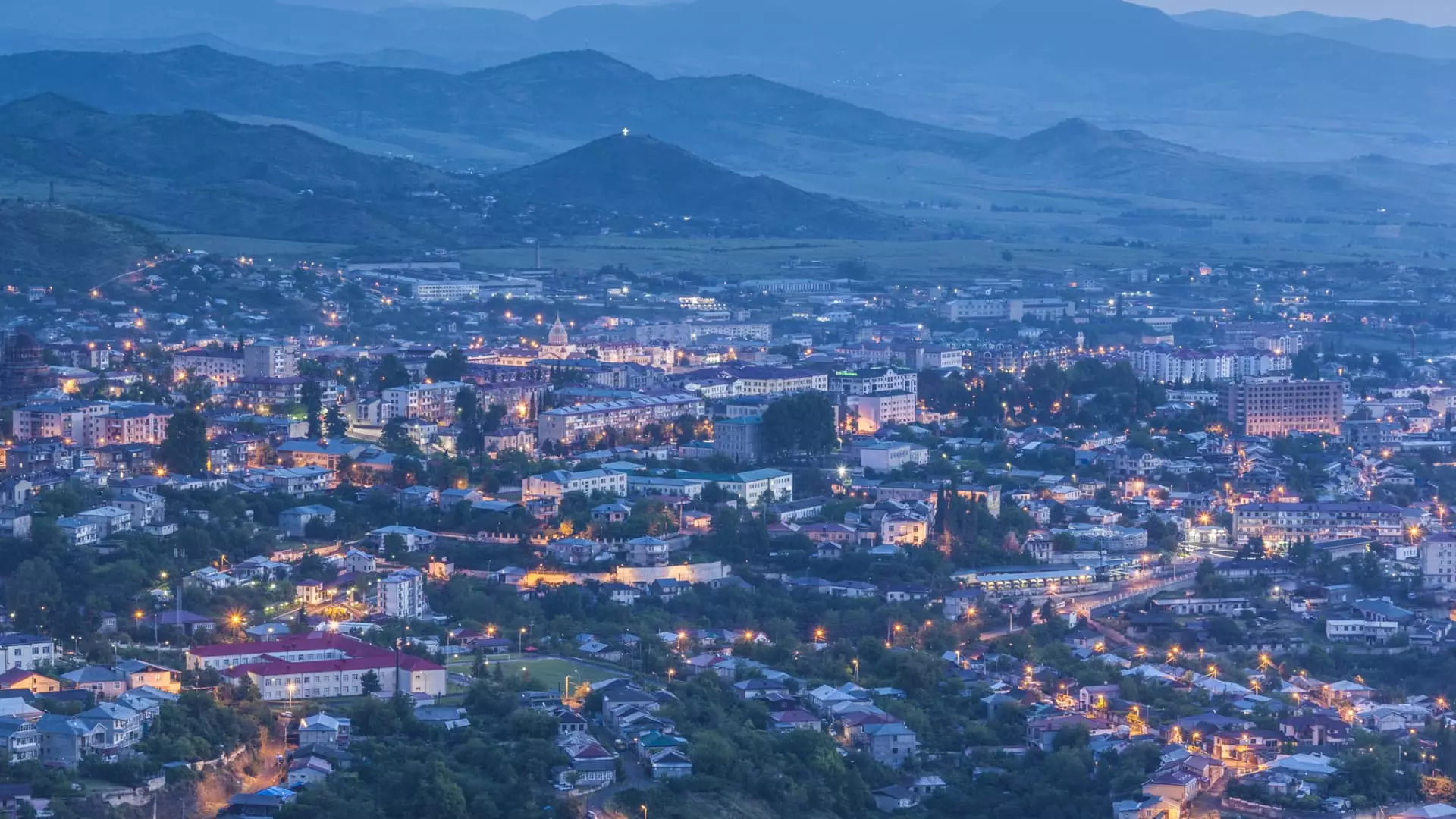The recent conflict in Nagorno-Karabakh has taken a devastating toll on its population. The 120,000 ethnic Armenians residing in the breakaway region have made a harrowing decision: they will leave for Armenia, refusing to live as part of Azerbaijan out of fear for their safety and the specter of ethnic cleansing. This decision, announced by the leadership of Nagorno-Karabakh, further exacerbates an already volatile situation in the region.
Historically Rooted Tensions
Nagorno-Karabakh, a territory internationally recognized as part of Azerbaijan but beyond the control of Baku since the Soviet Union’s dissolution, has a long and tumultuous history. Over the centuries, it has endured the influence of Persians, Turks, Russians, Ottomans, and Soviets. The current conflict threatens to redefine the delicate balance of power in the South Caucasus region, an area characterized by its rich ethnic diversity and strategic importance due to its oil and gas pipelines.
Facing an Uncertain Fate
Azerbaijan claims that it will guarantee the rights of the Armenian population and integrate the region. However, the Armenian leadership in Nagorno-Karabakh vehemently opposes this notion and insists on departing. According to David Babayan, an adviser to President Samvel Shahramanyan, “Our people do not want to live as part of Azerbaijan. Ninety-nine point nine percent prefer to leave our historic lands.” The exact timing of the exodus remains unclear, as does the fate of the Karabakh Armenians during their journey through the Lachin corridor, the route connecting the territory to Armenia.
The Accusations
The plight of the Karabakh Armenians has not only prompted their departure but also stirred accusations and blame. Babayan laments the situation, remarking that “The fate of our poor people will go down in history as a disgrace and a shame for the Armenian people and for the whole civilized world.” He appeals to a higher power, claiming that those responsible for their plight will one day face judgment for their sins. As the process of disarming the ethnic Armenian fighters proceeds, the region braces for the consequences of such a significant demographic shift.
The conflict in Nagorno-Karabakh not only affects the local population but also garners global attention. As a patchwork of ethnicities overlaid by crucial oil and gas pipelines, the South Caucasus region sees various forces vying for influence. Russia, the United States, Turkey, and Iran all have vested interests in the outcomes of this crisis. The Armenian exodus and an increased Azerbaijani presence could fundamentally alter the power dynamics in this geopolitically significant area, with potential ramifications for all those involved.
Diverging Stances
Within the context of this crisis, differing opinions on the fate of the Armenians of Karabakh have emerged. Azerbaijan, a predominantly Muslim country, states that Armenians are free to choose whether to leave or stay. On the other hand, Armenian Prime Minister Nikol Pashinyan contends that they should remain unless their safety is compromised. These diverging stances further highlight the complexity of the situation and the challenges faced in finding a peaceful resolution.
As the people of Nagorno-Karabakh navigate this uncertain future, humanitarian aid and evacuation efforts are pivotal. With food scarcity affecting thousands, international organizations and Russia have stepped in to provide assistance. Late on Saturday, ethnic Armenian authorities in the region reported the arrival of 150 tons of humanitarian cargo from Russia and 65 tons of flour from the International Committee of the Red Cross. While these efforts provide temporary relief, the long-term solution to the crisis remains elusive.
The Armenian exodus from Nagorno-Karabakh represents a critical turning point in the ongoing conflict. The decision by the Armenian population to leave underscores their fear of living under Azerbaijani rule and the specter of ethnic cleansing. The consequences of this departure are far-reaching, affecting both the delicate balance of power in the region and the lives of the individuals who now face an uncertain future. The international community must rally together to address the humanitarian needs of the displaced Armenians and work towards a sustainable and just resolution to the conflict.


Leave a Reply